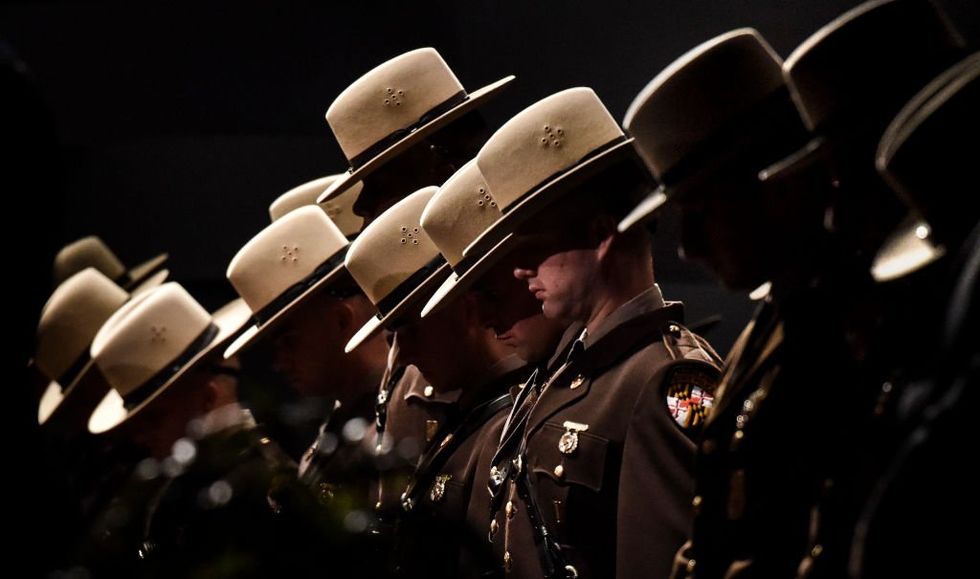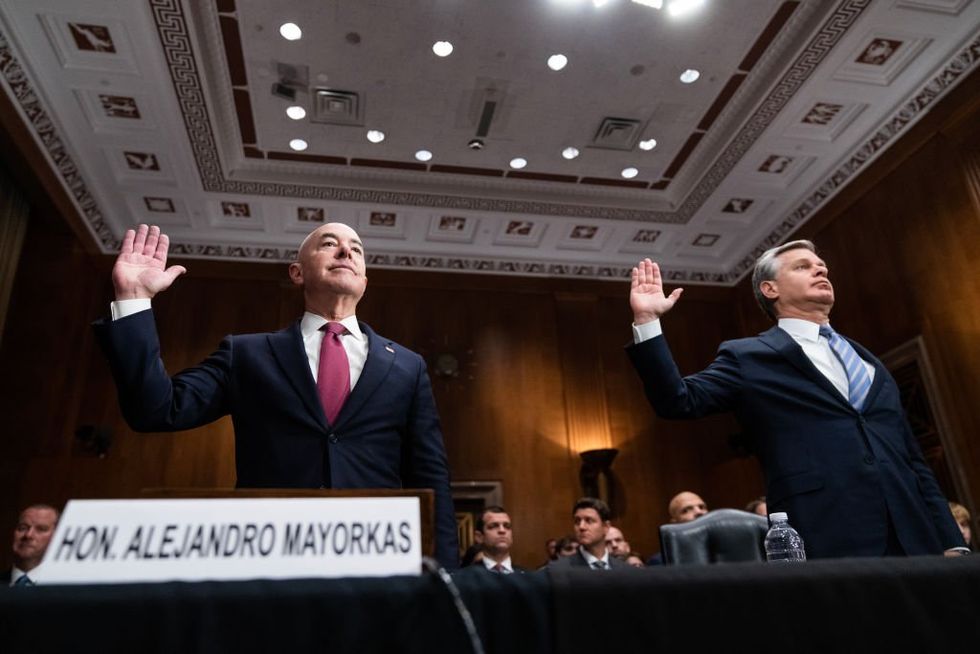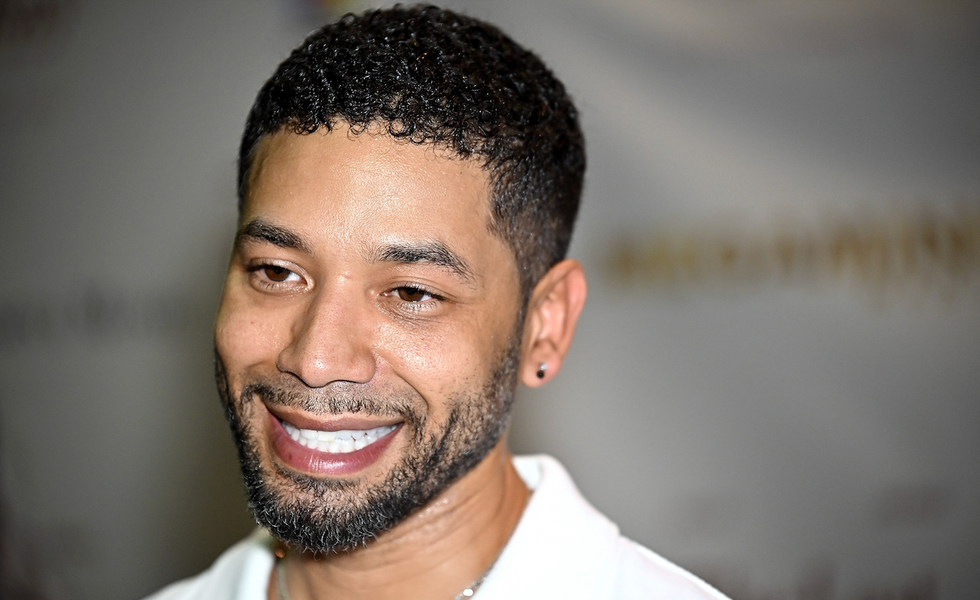Female, black applicants who failed Maryland State Police tests likely to receive $2.75M in backpay from discrimination suit
The Maryland Department of State Police agreed to settle a Department of Justice lawsuit to the tune of $2.75 million, which will provide backpay to female and black applicants who failed the physical fitness and written tests.The physical fitness exam, called the Functional Fitness Assessment Test, required applicants to complete 18 push-ups in one minute, 27 sit-ups in one minute, run 1.5 miles within 15 minutes and 20 seconds, and reach approximately 1.5 inches past their toes while seated. Candidates were allowed to take the test up to three times in one year.'The underrepresentation of black and female applicants in law enforcement undermines public safety.'According to the DOJ’s lawsuit, 81% of males and only 51% of females passed at least once.“The rate at which female applicants passed the FFAT at least once is statistically significantly lower than the rate at which male applicants passed the FFAT at least once; and the female applicant pass rate is less than 80% of the male applicant pass rate,” the complaint read.The written exam, the Police Officer Selection Test, included four components: mathematics, reading comprehension, grammar, and report writing skills. To pass, candidates had to achieve an aggregate score of at least 70% on all sections combined and minimally 70% on reading comprehension, grammar, and report writing skills. There was no minimum required score for the math component. Candidates could take the test four times within a year.The lawsuit said that roughly 91% of white and 71% of black applicants passed at least once.The lawsuit claimed that both the FFAT and the POST, which are used by MDSP to screen trooper applicants, are “not job related or consistent with business necessity.”The DOJ argued that MDSP’s screening “results in a disparate impact” on female and black candidates.“MDSP’s use of the POST has disproportionately excluded African-American applicants, and its use of the FFAT has disproportionately excluded female applicants, from employment as troopers,” the lawsuit stated.MDSP was accused of violating Title VII of the Civil Rights Act, which prohibits employment discrimination based on race, color, religion, sex, and national origin.On Wednesday, the DOJ announced that the MDSP has agreed to settle the lawsuit.Kristen Clarke, the assistant attorney general in the DOJ’s Civil Rights Division, released a video statement, saying, “Maryland State Police discriminated against black and female applicants by using hiring tests that unfairly and unlawfully excluded them from employment.”“Under this agreement, the police will adopt new tests, extend priority hiring opportunities to previously disqualified applicants after they complete the new and lawful selection process, and distribute $2.75 million in relief to people unfairly disqualified by the old tests,” she continued. “The underrepresentation of black and female applicants in law enforcement undermines public safety.”As part of the agreement, the MDSP will hire up to 25 candidates who previously failed the tests upon successful completion of the new tests.Secretary of State Police Col. Roland L. Butler released a statement Wednesday, saying, “The Maryland State Police is fully committed to meeting the consent decree guidelines set forth by the U.S. Department of Justice and remains fully dedicated to supporting our sworn personnel, protecting our communities, and serving the people of Maryland.”The settlement still requires a federal judge’s approval.Like Blaze News? Bypass the censors, sign up for our newsletters, and get stories like this direct to your inbox. Sign up here!


The Maryland Department of State Police agreed to settle a Department of Justice lawsuit to the tune of $2.75 million, which will provide backpay to female and black applicants who failed the physical fitness and written tests.
The physical fitness exam, called the Functional Fitness Assessment Test, required applicants to complete 18 push-ups in one minute, 27 sit-ups in one minute, run 1.5 miles within 15 minutes and 20 seconds, and reach approximately 1.5 inches past their toes while seated. Candidates were allowed to take the test up to three times in one year.
'The underrepresentation of black and female applicants in law enforcement undermines public safety.'
According to the DOJ’s lawsuit, 81% of males and only 51% of females passed at least once.
“The rate at which female applicants passed the FFAT at least once is statistically significantly lower than the rate at which male applicants passed the FFAT at least once; and the female applicant pass rate is less than 80% of the male applicant pass rate,” the complaint read.
The written exam, the Police Officer Selection Test, included four components: mathematics, reading comprehension, grammar, and report writing skills. To pass, candidates had to achieve an aggregate score of at least 70% on all sections combined and minimally 70% on reading comprehension, grammar, and report writing skills. There was no minimum required score for the math component. Candidates could take the test four times within a year.
The lawsuit said that roughly 91% of white and 71% of black applicants passed at least once.
The lawsuit claimed that both the FFAT and the POST, which are used by MDSP to screen trooper applicants, are “not job related or consistent with business necessity.”
The DOJ argued that MDSP’s screening “results in a disparate impact” on female and black candidates.
“MDSP’s use of the POST has disproportionately excluded African-American applicants, and its use of the FFAT has disproportionately excluded female applicants, from employment as troopers,” the lawsuit stated.
MDSP was accused of violating Title VII of the Civil Rights Act, which prohibits employment discrimination based on race, color, religion, sex, and national origin.
On Wednesday, the DOJ announced that the MDSP has agreed to settle the lawsuit.
Kristen Clarke, the assistant attorney general in the DOJ’s Civil Rights Division, released a video statement, saying, “Maryland State Police discriminated against black and female applicants by using hiring tests that unfairly and unlawfully excluded them from employment.”
“Under this agreement, the police will adopt new tests, extend priority hiring opportunities to previously disqualified applicants after they complete the new and lawful selection process, and distribute $2.75 million in relief to people unfairly disqualified by the old tests,” she continued. “The underrepresentation of black and female applicants in law enforcement undermines public safety.”
As part of the agreement, the MDSP will hire up to 25 candidates who previously failed the tests upon successful completion of the new tests.
Secretary of State Police Col. Roland L. Butler released a statement Wednesday, saying, “The Maryland State Police is fully committed to meeting the consent decree guidelines set forth by the U.S. Department of Justice and remains fully dedicated to supporting our sworn personnel, protecting our communities, and serving the people of Maryland.”
The settlement still requires a federal judge’s approval.
Like Blaze News? Bypass the censors, sign up for our newsletters, and get stories like this direct to your inbox. Sign up here!
Originally Published at Daily Wire, World Net Daily, or The Blaze
What's Your Reaction?
































































































